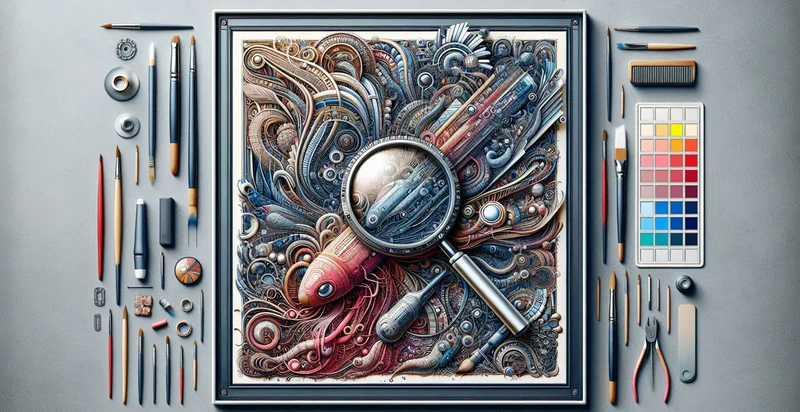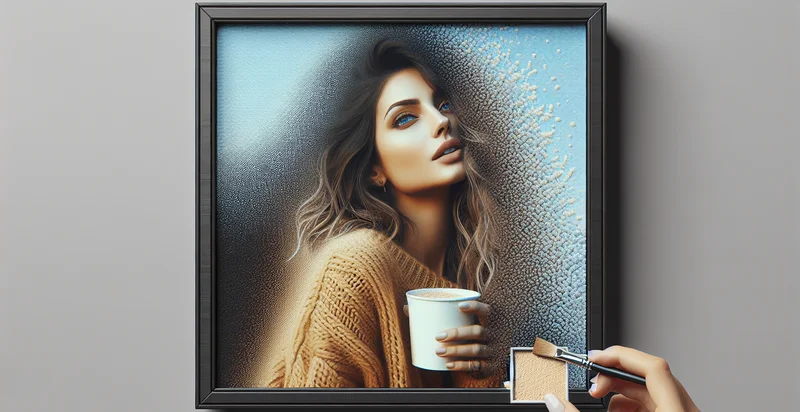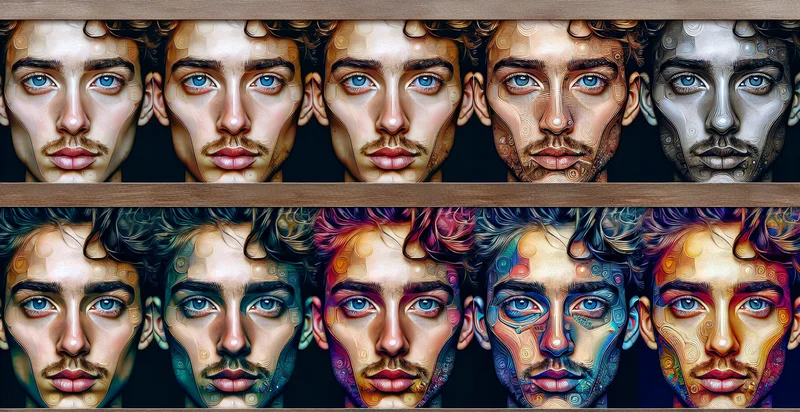Identify if image shows retouching
using AI
Below is a free classifier to identify if image shows retouching. Just upload your image, and our AI will predict if the image shows retouching - in just seconds.

Contact us for API access
Or, use Nyckel to build highly-accurate custom classifiers in just minutes. No PhD required.
Get started
import nyckel
credentials = nyckel.Credentials("YOUR_CLIENT_ID", "YOUR_CLIENT_SECRET")
nyckel.invoke("if-image-shows-retouching", "your_image_url", credentials)
fetch('https://www.nyckel.com/v1/functions/if-image-shows-retouching/invoke', {
method: 'POST',
headers: {
'Authorization': 'Bearer ' + 'YOUR_BEARER_TOKEN',
'Content-Type': 'application/json',
},
body: JSON.stringify(
{"data": "your_image_url"}
)
})
.then(response => response.json())
.then(data => console.log(data));
curl -X POST \
-H "Content-Type: application/json" \
-H "Authorization: Bearer YOUR_BEARER_TOKEN" \
-d '{"data": "your_image_url"}' \
https://www.nyckel.com/v1/functions/if-image-shows-retouching/invoke
How this classifier works
To start, upload your image. Our AI tool will then predict if the image shows retouching.
This pretrained image model uses a Nyckel-created dataset and has 2 labels, including Retouched and Unretouched.
We'll also show a confidence score (the higher the number, the more confident the AI model is around if the image shows retouching).
Whether you're just curious or building if image shows retouching detection into your application, we hope our classifier proves helpful.
Related Classifiers
Need to identify if image shows retouching at scale?
Get API or Zapier access to this classifier for free. It's perfect for:
- Content Moderation: Social media platforms can use the image retouching identifier to flag manipulated images that may violate community guidelines. This ensures that users are exposed to authentic content and helps maintain the platform's integrity.
- E-commerce Quality Control: Online retailers can implement this function to verify product images uploaded by sellers. By detecting retouched images, e-commerce platforms can ensure that product displays align more closely with actual conditions, improving customer trust.
- Digital Licensing: Creative agencies can utilize the identifier to authenticate the originality of images submitted for licensing. This prevents the sale of over-retouched work that may misrepresent the creator's style, promoting genuine artistic expression.
- Advertising Compliance: Advertisers can use this function to check their marketing materials against regulatory standards before launching campaigns. It assists in ensuring that retouched images are identified and labeled correctly, thereby complying with local advertising laws.
- Media Analytics: News organizations can adopt the identifier to analyze how often retouched images are used in reporting. This helps understand trends in media presentation, impacting editorial decisions and contributing to discussions on media ethics.
- AI Training for Image Authenticity: Developers can use the output from the retouching identifier to train AI models aimed at detecting manipulated images more accurately. This helps enhance the performance of various applications, from photography to forensic analysis.
- Brand Reputation Management: Companies can use this functionality to monitor how their products are represented in user-generated content. By identifying retouched images, brands can ensure that potential misrepresentations do not negatively affect their image and customer perceptions.


